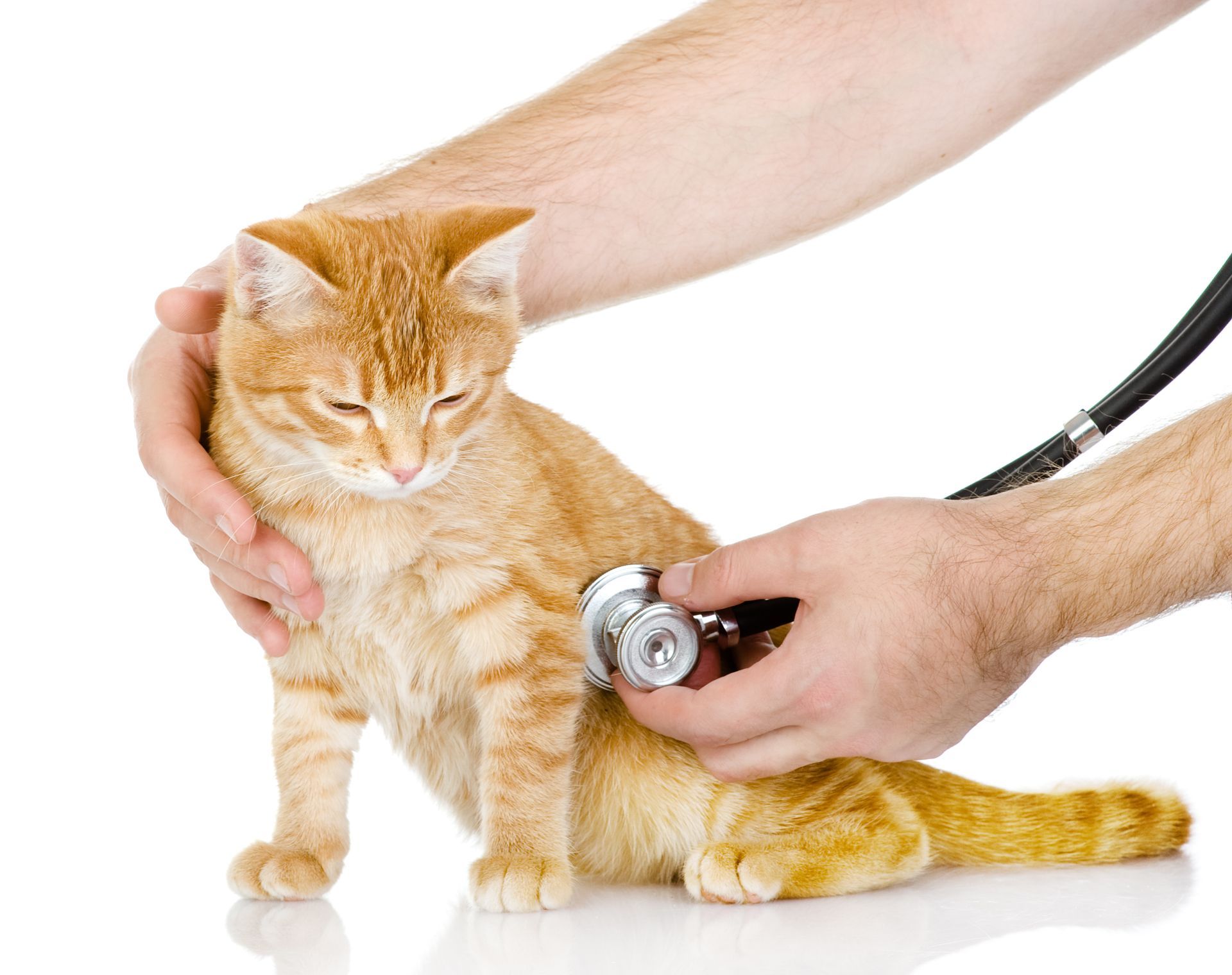
Same Day Availability.
Please Call Ahead.
Contact Us Today!
After Hours Call

Same Day Availability.
Please Call Ahead.
Visit us on
Contact Us Today!
After Hours Call
What You Need to Know About Cat Fur Loss
Is your cat's coat patchy or balding? If your pet chews, licks, or bites off their own fur, take a look at what you need to know about this common cat issue.
Why Do Cats Lose Hair?
While some grooming is a healthy way for your cat to clean themselves, overdoing it can result in patchy fur loss and irritation, and your cat shouldn't constantly chew or bite off their own hair. If you notice substantial fur loss or biting behaviors, the potential culprits behind the hair loss could include:
- Allergies. Does your pet have an allergy to their food, the outdoors, or anything else? Allergies in cats can include runny eyes and nose, breathing problems, or excessive itching. If your cat's skin is itchy, they may bite, chew, or scratch it constantly. The result is patchy hair loss.
- Fungal infection. A fungal infection such as ringworm can also contribute to feline hair loss. Ringworm (which is not a parasitic worm) can cause round hair loss.
- Psychogenic alopecia. This psychological issue is a compulsive behavior that results in over-grooming and hair loss. If the vet can't find an allergy or medical issue for patchy fur, it's possible the cause is this psychological condition.
Never attempt to diagnose your cat's fur loss on your own. Even if you're almost completely sure the issue is an allergy or another common cause, this problem requires a professional diagnosis. Call your pet's vet as soon as you notice the problem. The sooner you call, the sooner your cat can get the treatment they need.
What Can You Do About Your Pet's Hair Loss?
Again, this is not an issue you should diagnose or treat without professional help. A call to the vet is the first step to take. It's likely the vet will need to see your pet for a physical exam. The veterinarian will also need information about the fur loss and biting behaviors, such as the times when your cat over-grooms and whether you’ve noticed a trigger (an allergen).
To effectively treat the fur loss, the vet will need to diagnose the cause. After the vet finds the cause, they'll choose a remedy that stops the underlying issue. These may include:
- Allergen elimination. If your pet has a food or environmental allergy, the vet may start by recommending you eliminate the allergen.
- Medication. Did the vet diagnose your pet with an allergy? When allergen elimination doesn't work, the vet may prescribe medication. Medication is also sometimes needed for psychological or behavioral hair loss and over-grooming.
- Antifungal treatment. Ringworm and other dermal fungal infections require prescription treatment. The vet will prescribe a topical antifungal and possibly also a systemic medication.
- Behavioral therapy. Psychogenic alopecia may require pet behavioral therapy. The vet or behavioral professional will need to explore the psychological causes of the condition before they can help to eliminate the issue.
Your pet may need a combination of treatment options. An allergy may require trigger elimination and medication, while your cat may need medication and behavioral therapy to overcome psychological alopecia.
Will the Fur Grow Again?
The answer to this question depends on the diagnosis and how well the treatment works. If you can effectively eliminate triggers, stop or significantly decrease allergies, get rid of ringworm (or another fungal infection), or stop behavioral problems, you can also stop the fur loss. After removing the cause, your cat's fur should gradually grow back and fill in patchy spots.
Does your cat have fur loss? Contact our friendly team at Angel Pet
Hospital for more information. We will help you figure out the issue and treat your cat.
CONTACT INFORMATION
| Mon-Sat | 09:00 AM - 07:00 PM |




OUR LOCATION
BROWSE OUR WEBSITE
CONTACT INFORMATION
E-mail:
angelpethospital@yahoo.com
(For appointments and emergencies : Please call 425-673-0700)
Hours of Operation:

















